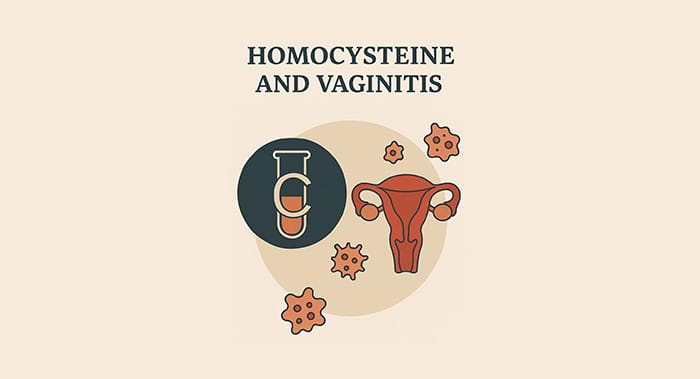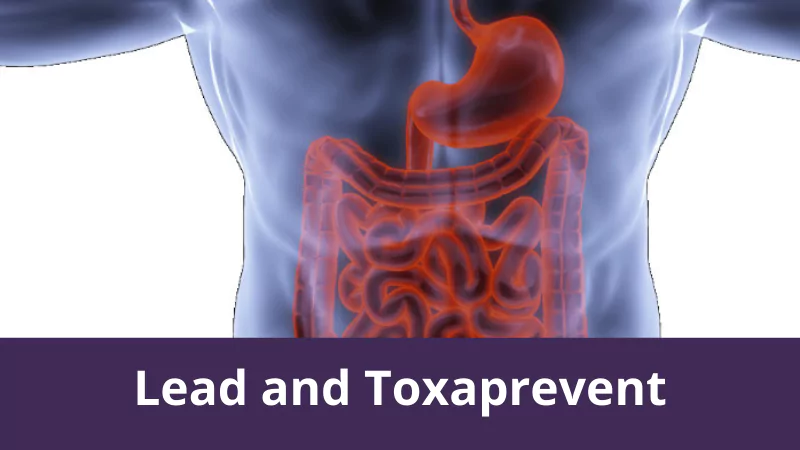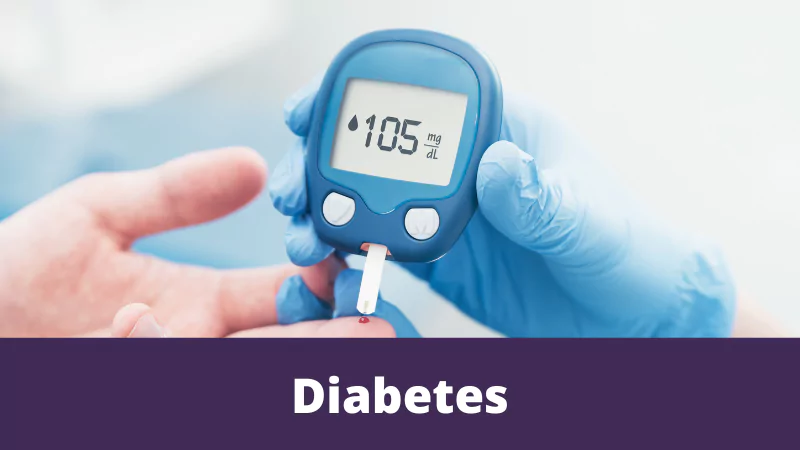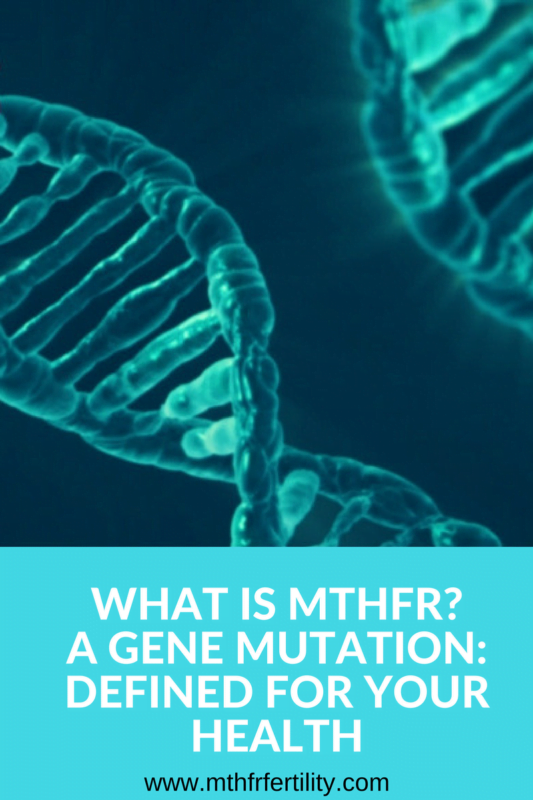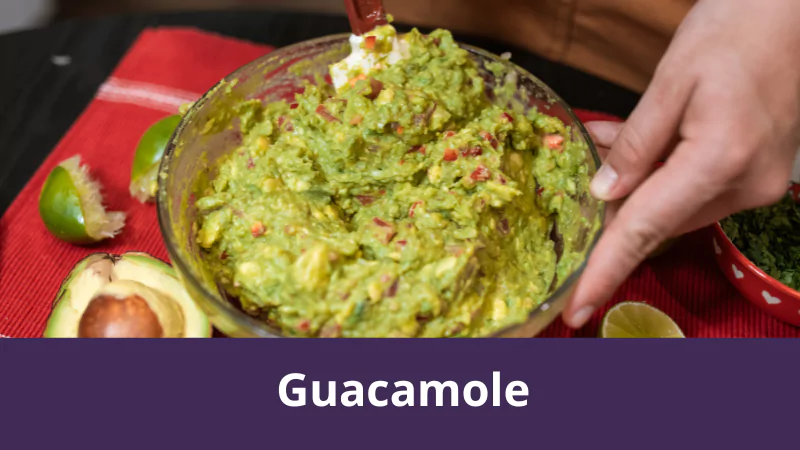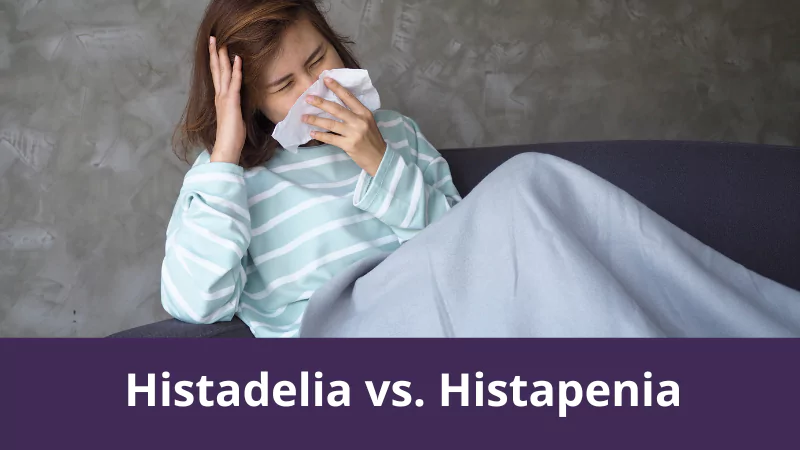Nutritional Clues in Recurrent Vaginitis During Pregnancy: What Practitioners Need to Know
Recurrent vaginitis during pregnancy remains a challenging clinical concern with potential implications for both maternal and fetal health. While the standard approach focuses on microbiological and symptomatic assessment, emerging evidence suggests a pivotal, yet underexplored, dimension: nutrition. A recent study by Çıkım and Hansu (2025) offers fresh insight into the biochemical factors influencing this condition by examining serum levels of homocysteine, folate, vitamin B12, and vitamin D in pregnant women experiencing recurrent vaginitis.
Understanding Vaginitis in Pregnancy
Vaginitis refers to the inflammation and infection of the vaginal mucosa, often stemming from bacterial vaginosis (BV), vulvovaginal candidiasis (VVC), or trichomoniasis. These infections can be exacerbated by hormonal changes in pregnancy that alter the vaginal pH and microbiota. A disrupted vaginal flora—particularly a depletion of Lactobacilli—leaves the mucosa vulnerable to pathogenic colonization. Symptoms typically include itching, burning, discharge, and discomfort during intercourse.

